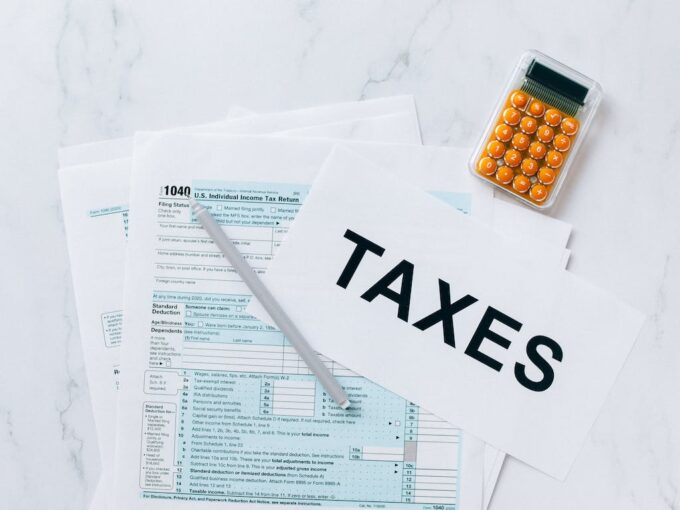Managing multiple credit cards can be challenging, but with the right strategies, you can make it work for you. By staying organized and responsible, you can take advantage of the benefits of having several cards while avoiding debt. Here are some tips to help you manage your credit cards smartly.
Keep Track of Due Dates
One of the most important things when handling multiple credit cards is keeping track of payment due dates. Use a calendar or a reminder app to note when each payment is due. Missing a payment can lead to late fees and hurt your credit score. Staying on top of due dates helps you maintain a good credit history.
Set a Budget
Creating a budget is essential when managing multiple cards. Determine how much you can spend on each card without exceeding your overall budget. This will help you avoid overspending and ensure you can pay off your balances each month. Stick to your budget to stay financially healthy.
Prioritize High-Interest Cards
If you have credit cards with high interest rates, prioritize paying them down first. Focus on making larger payments on these cards while maintaining minimum payments on your other cards. This approach will help you save money in the long run by reducing the amount of interest you pay.
Use Alerts and Notifications
Most credit card companies offer alerts for due dates, spending limits, and payment confirmations. Set up these notifications to keep yourself informed. Alerts can help you avoid overspending and remind you when it’s time to make a payment.
Keep Your Credit Utilization Low
Credit utilization is the ratio of your credit card balances to your credit limits. Aim to keep your utilization below 30%. This means if you have a credit limit of $10,000 across all your cards, you should try to keep your total balance under $3,000. Lower utilization can positively impact your credit score.
Use Rewards Wisely
If your credit cards offer rewards or cashback, use them to your advantage. For instance, choose a card that gives you the best rewards for specific purchases, like groceries or travel. However, avoid spending just to earn rewards; only use your cards for purchases you can afford to pay off.
Review Your Statements Regularly
Regularly reviewing your credit card statements can help you catch errors and identify unnecessary charges. It’s also an opportunity to assess your spending habits. Make sure all charges are legitimate and dispute any discrepancies promptly.










